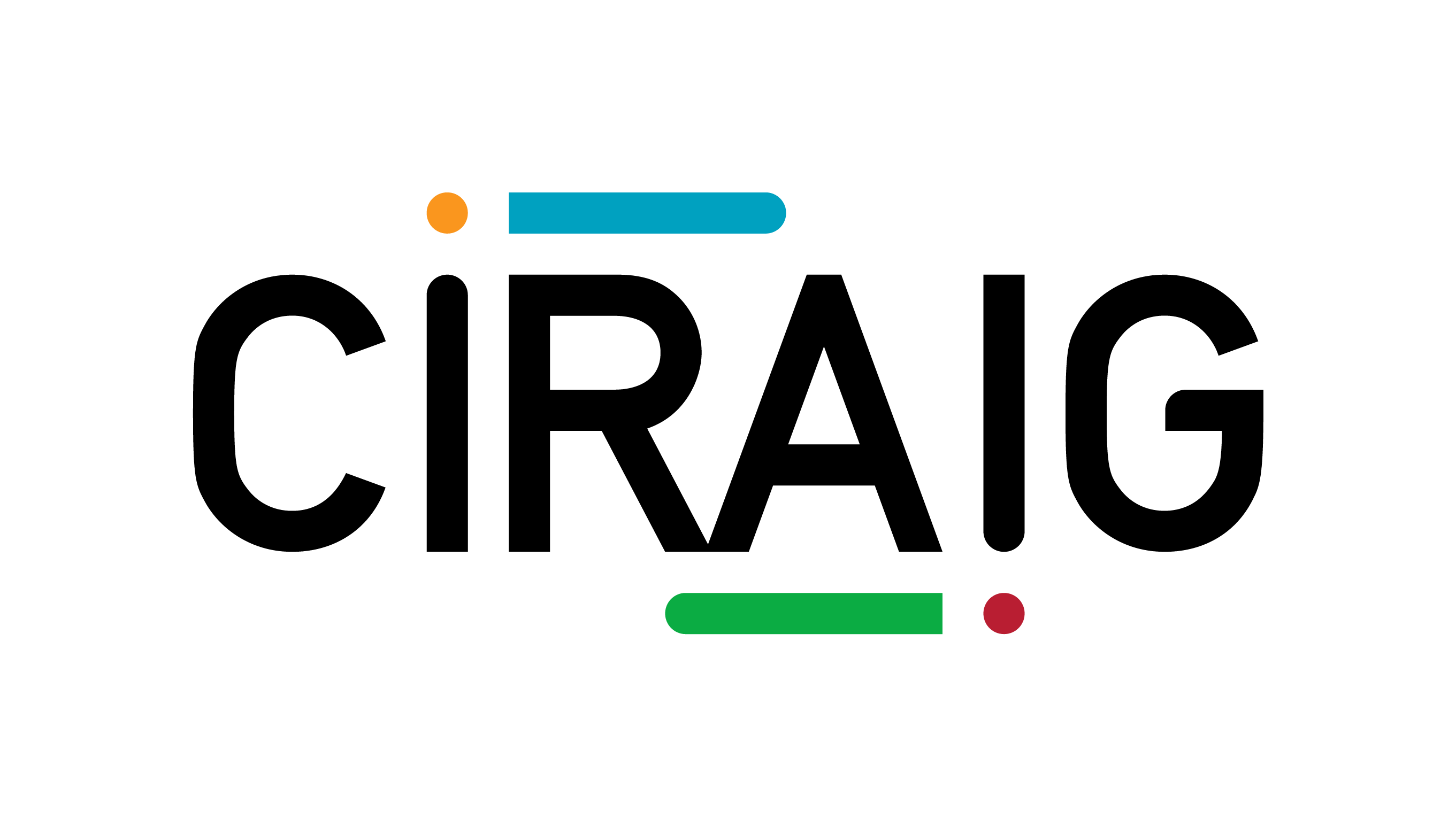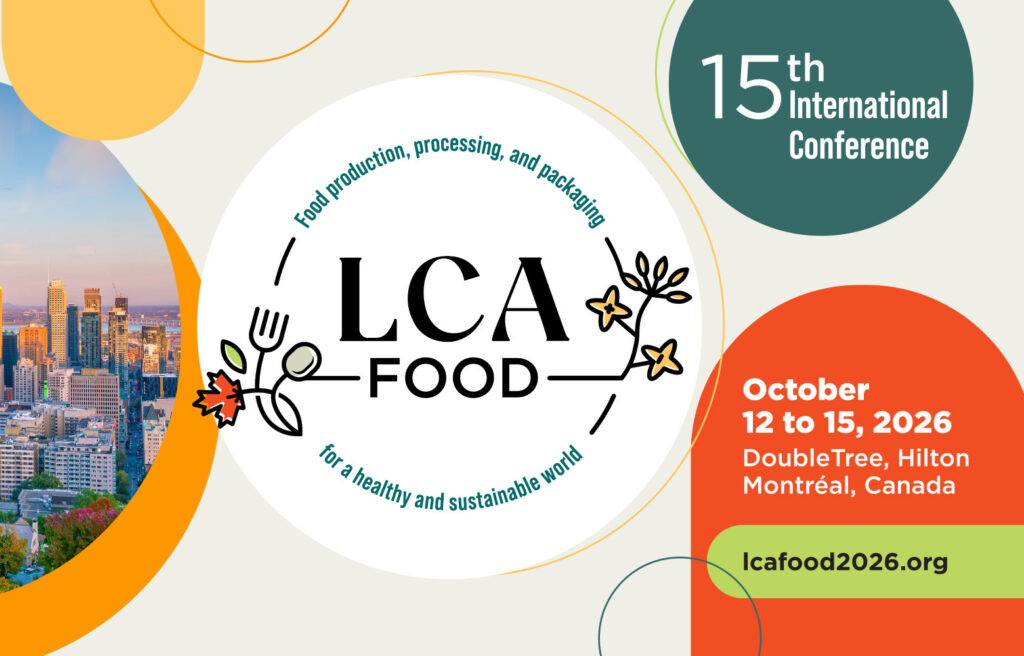Research Project on the Potential of Circular Economy to Reduce Greenhouse Gases From Quebec’s Industrial Emitters
The first phase of a collaborative research project on the potential of circular economy on GHG emission reductions from Quebec industrial emitters.

The report Portrait et pistes de réduction des émissions de GES industrielles au Québec is the first part of a collaborative research project on the potential of circular economy on GHG emission reductions from Quebec industrial emitters. Results from the first phase of the research project provide an overview of direct industrial GHG emissions, as well as a portrait of the main industrial sub-sectors and GHG reduction opportunities. The analysis of the potential for direct and indirect emissions reductions related to the implementation of circular economy strategies in these industrial sectors will be presented in the second part of the project.
This report was prepared by the Chair in Energy Sector Management at HEC Montréal, in collaboration with the IEDDEC, the CIRAIG, Polytechnique Montréal and the Centre de transfert technologique en écologie industrielle. This research was made possible thanks to the financial support of the Fonds de recherche du Québec and the Green Fund, in partnership with the Ministère de l’Économie et de l’innovation (MEI). The project also benefits from partnerships with the Fédération des chambres de commerce du Québec (FCCQ), the Conseil Patronal de l’Environnement du Québec (CPEQ) and the Conseil du patronat du Québec (CPQ).
In collaboration with
We use cookies on our website to give you the most relevant experience by remembering your preferences and repeat visits. By clicking “Accept”, you consent to the use of ALL the cookies.
Manage consent
Privacy Overview
This website uses cookies to improve your experience while you navigate through the website. Out of these, the cookies that are categorized as necessary are stored on your browser as they are essential for the working of basic functionalities of the website. We also use third-party cookies that help us analyze and understand how you use this website. These cookies will be stored in your browser only with your consent. You also have the option to opt-out of these cookies. But opting out of some of these cookies may affect your browsing experience.
Necessary cookies are absolutely essential for the website to function properly. This category only includes cookies that ensures basic functionalities and security features of the website. These cookies do not store any personal information.
Any cookies that may not be particularly necessary for the website to function and is used specifically to collect user personal data via analytics, ads, other embedded contents are termed as non-necessary cookies. It is mandatory to procure user consent prior to running these cookies on your website.
Your subscription could not be saved. Please try again.
Your subscription has been successful.








